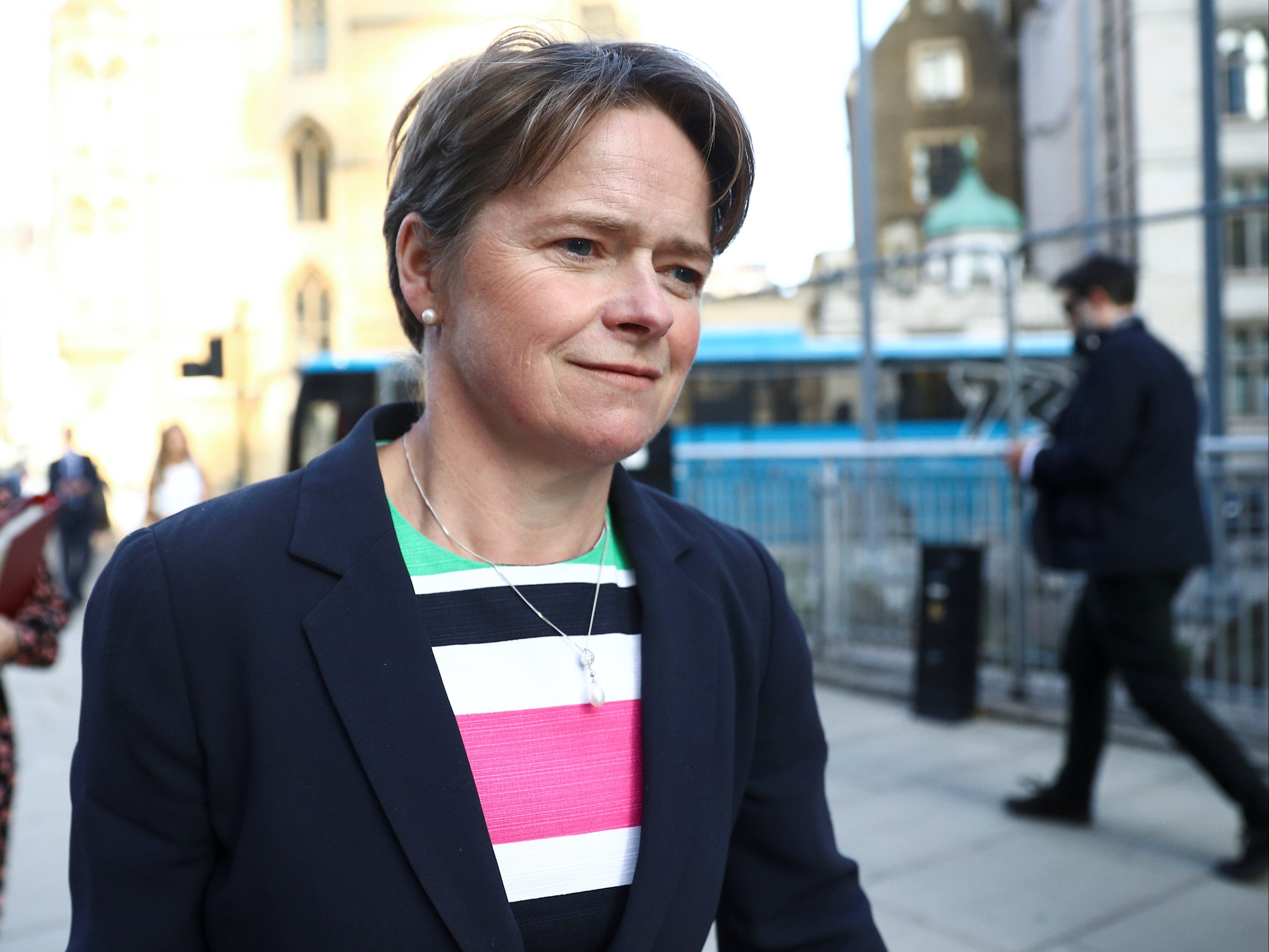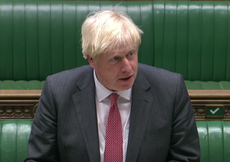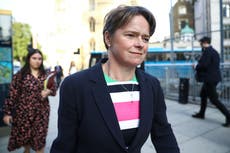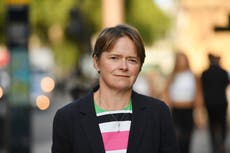It has been a busy week in the coronavirus blame game
Dido Harding and Sir Patrick Vallance both tried to pass the buck last week, defending their records on the UK’s Covid-19 response, writes John Rentoul


Dido Harding, the Conservative peer in charge of NHS Test and Trace, showed a flash of steel in her appearance before the science and technology select committee of MPs last week.
Of all the people positioning themselves for the public inquiry into the handling of coronavirus that the prime minister has said will happen, she has been the most robust. In the course of an hour and half’s grilling she made it clear there was no way she was going to accept the blame for people’s inability to get a test.
She was doing this job unpaid out of a sense of public duty, she said by way of introduction. Yes, she had planned for an increase in demand for tests when schools reopened, “based on Sage modelling for what we should be preparing for for the autumn”, but the surge in demand had been greater than expected.
Sage – the Scientific Advisory Group for Emergencies – didn’t actually predict demand for tests, as Sir Jeremy Farrar, one of its members, pointed out. But Harding had several other lines of defence if the public inquiry didn’t buy that one. One was that it was the government’s fault for failing to prioritise tests; another was that it was the fault of individuals for asking for tests when they did not have symptoms – although she did say how “understandable” it was that people were anxious and sought tests as reassurance.
Personally, I think she has done an impressive job in impossible circumstances, but the problem with everyone knowing there will be an inquiry is that it encourages decision makers to focus on preparing the case for their defence rather than purely on the task ahead.
We also discovered last week that Sir Patrick Vallance, the government’s chief scientific adviser, had written an email in May discussing whether he should go public to defend himself against a report in The Sunday Times criticising officials and advisers for delay in imposing lockdown in March.
“I argued stronger than anyone for action for lockdown,” he wrote in an email obtained by the BBC through a Freedom of Information request, adding that he had as a result been given “a telling off” by Chris Whitty, the chief medical officer, Chris Wormald, the top civil servant at the health department, and Sir Mark Sedwill, the cabinet secretary.
When the inquiry is held, I hope it will adopt the air accident investigation approach of trying to learn from what happened, rather than trying to adjudicate on the participants’ attempts to pass the blame to others.
Yours,
John Rentoul
Chief political commentator




Join our commenting forum
Join thought-provoking conversations, follow other Independent readers and see their replies
Comments